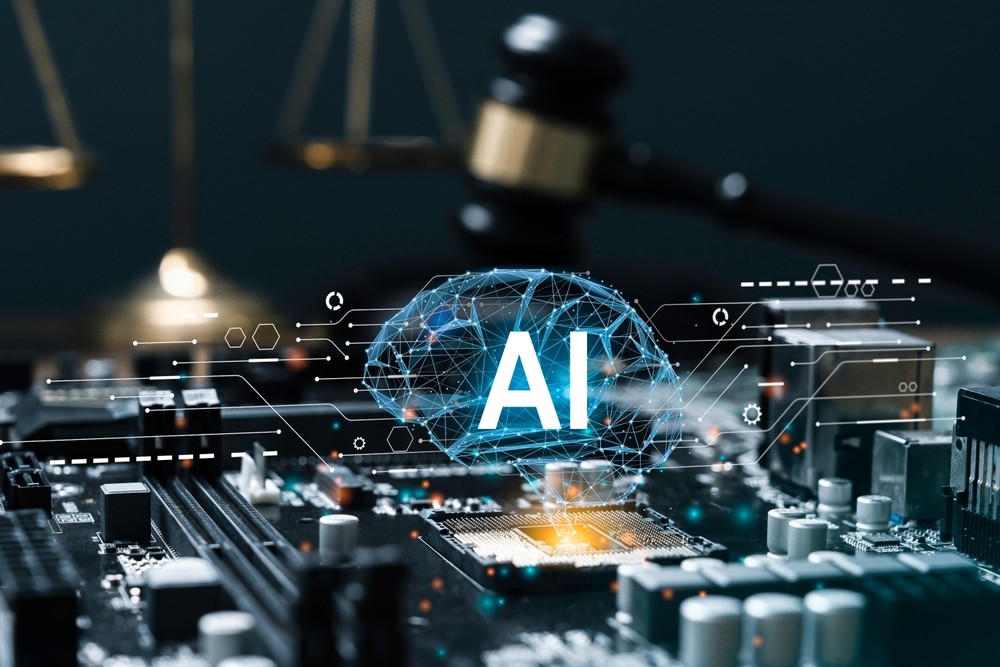Across the UK, there's a renewed sense of optimism about AI. Our recent Enterprise Horizons 2025 study with IDC found that 88% of UK tech leaders believe AI will play a key role in their priorities for the year ahead.
I share that optimism, but I also see a different side of the story every day. Behind the enthusiasm, there's a growing tension: ambition is surging ahead, but the reality of making AI work at scale is more complicated than many expect.
CIOs are right at the centre of this tension. And we need to help our organisations move from hype to reality.
The expectation gap is growing
According to research, nearly 40% of UK tech leaders say their boards expect too much from AI too quickly. That’s not surprising. AI is everywhere in the headlines, and the pressure to deliver is mounting.
But here’s the catch: AI isn’t plug-and-play. It takes proper groundwork. Clean data. Integrated systems. Alignment across business functions. Without those, many AI projects remain stuck in pilot mode, unable to scale.
The infrastructure problem
This is the part that gets brushed over — but we can’t afford to. AI depends on fast, secure, resilient infrastructure. It needs to move and process vast volumes of data in real-time. Yet nearly half of UK organisations say their networks can't keep up.
And it’s not just about technical lag. When your network isn't ready, it’s not just slower — it’s costly. Our data show that over 90% of organisations with underperforming networks have experienced financial losses due to outages or degraded performance.
Put simply, connectivity has become as critical as compute. And as edge and real-time data flows become the norm, our networks can no longer be an afterthought.
Resistance is real and understandable
Let’s also not forget the human factor. Forty-one percent of organisations are hesitant about AI due to ethical concerns, and 30% are facing employee resistance.
From where I sit, that resistance is understandable. People worry about being replaced, about losing control. As CIOs, we need to acknowledge that, not dismiss it. We must be transparent, equip people with the right tools and training, and make AI feel like a support system, not a threat.
The right partners make the difference
Another reality check: most companies don’t have all the skills in-house to pull this off. One-third of UK businesses say their current partners can’t support their AI goals. That’s leading more organisations to seek help, especially with complex, hybrid infrastructure.
At Expereo, we are witnessing this shift. Enterprises are no longer just buying connectivity — they want intelligent, secure, and agile infrastructure that grows with them. That’s where we step in.
A stronger voice at the top table
There is good news. AI is giving CIOs more visibility and influence. Seventy-six percent of UK tech leaders report gaining board presence this year.
But influence comes with responsibility. We’re the ones who need to keep things grounded. That means calling out unrealistic timelines, clarifying what it takes to scale AI, and making sure we’re building on a solid foundation, not quicksand.
Final thoughts: Keep it grounded
AI isn’t a trend anymore — it’s part of how we’ll run businesses going forward. But success won’t come from rushing it out the door. It will come from investing in what matters: resilient networks, ethical frameworks, and an engaged workforce.
As CIOs, we need to strike a balance between vision and pragmatism. And we need to keep asking the hard questions — about readiness, about risk, and about how we build something that lasts.
The future is exciting, no doubt. But let’s make sure it’s one we’re truly ready for.
The 2025 Enterprise Horizons report are findings from an IDC InfoBrief*, commissioned by Expereo







